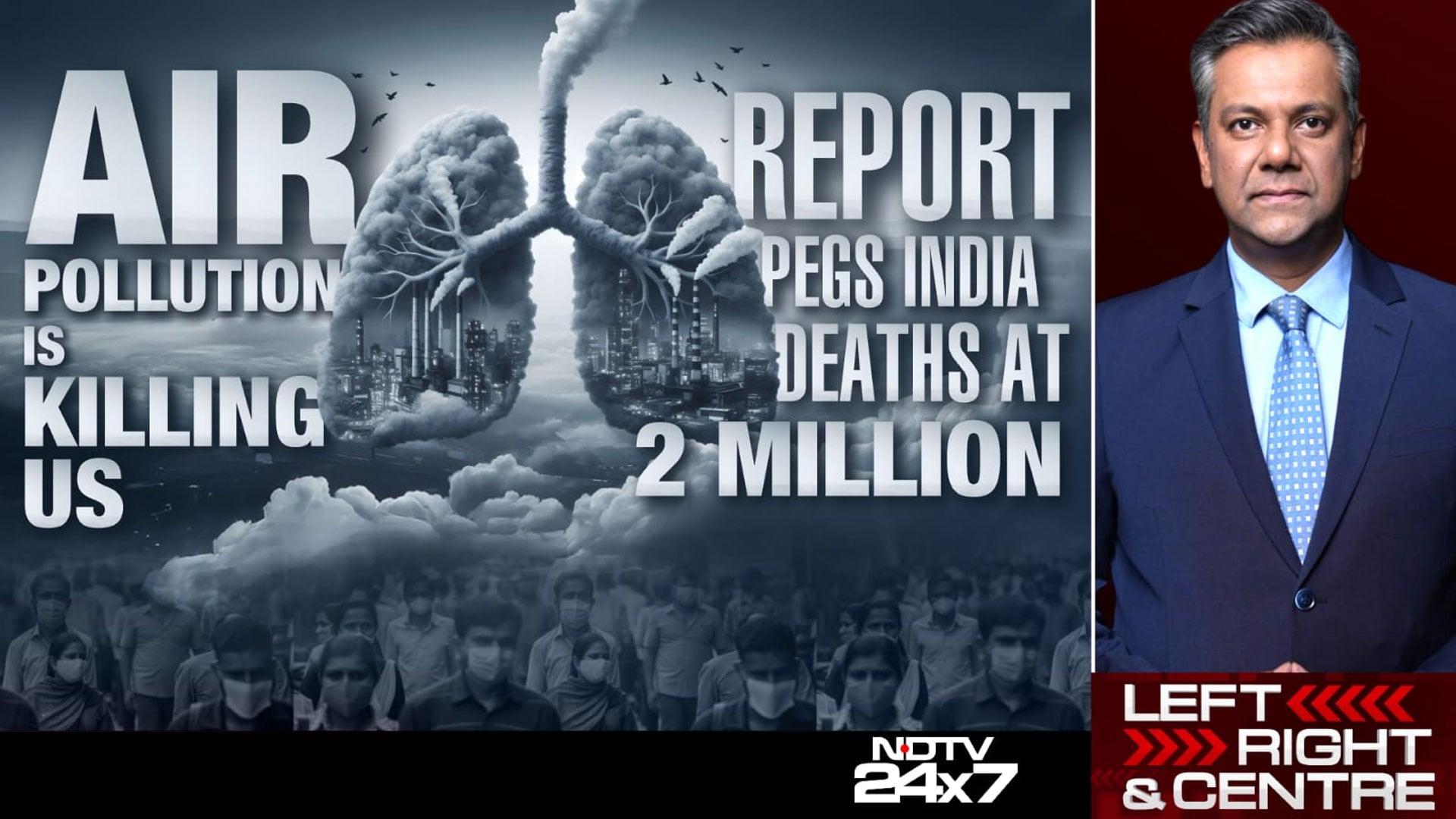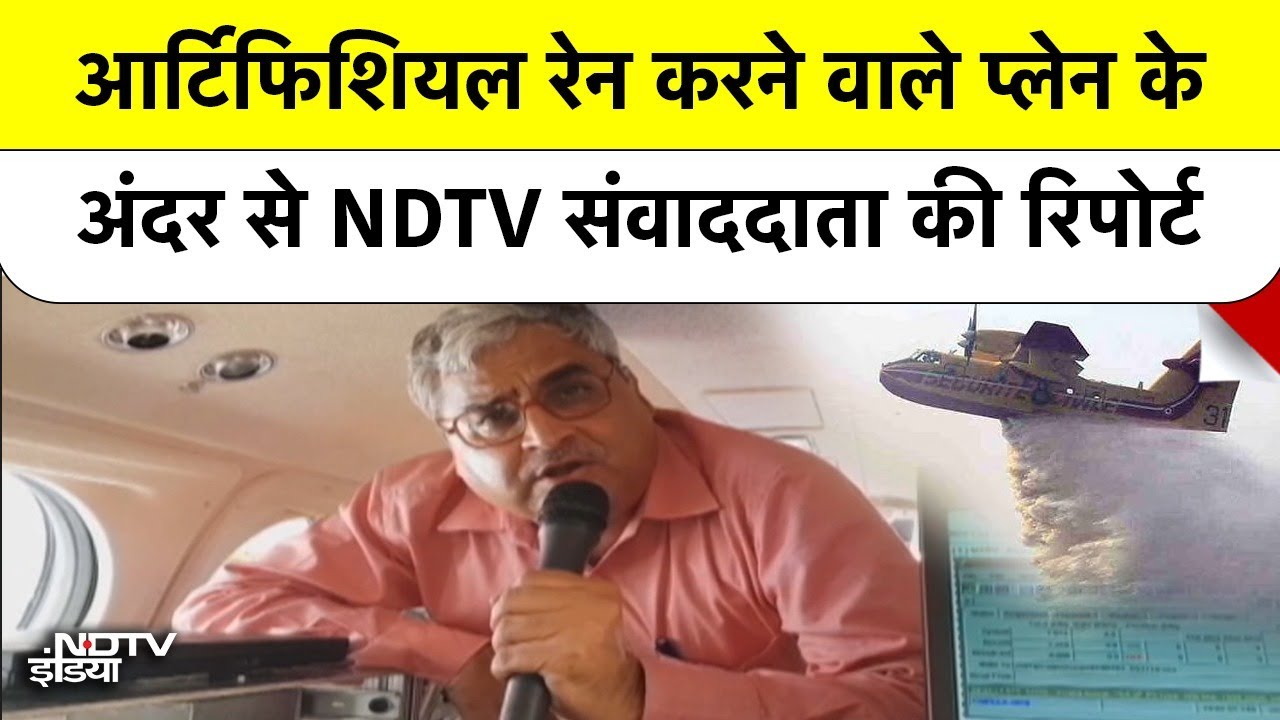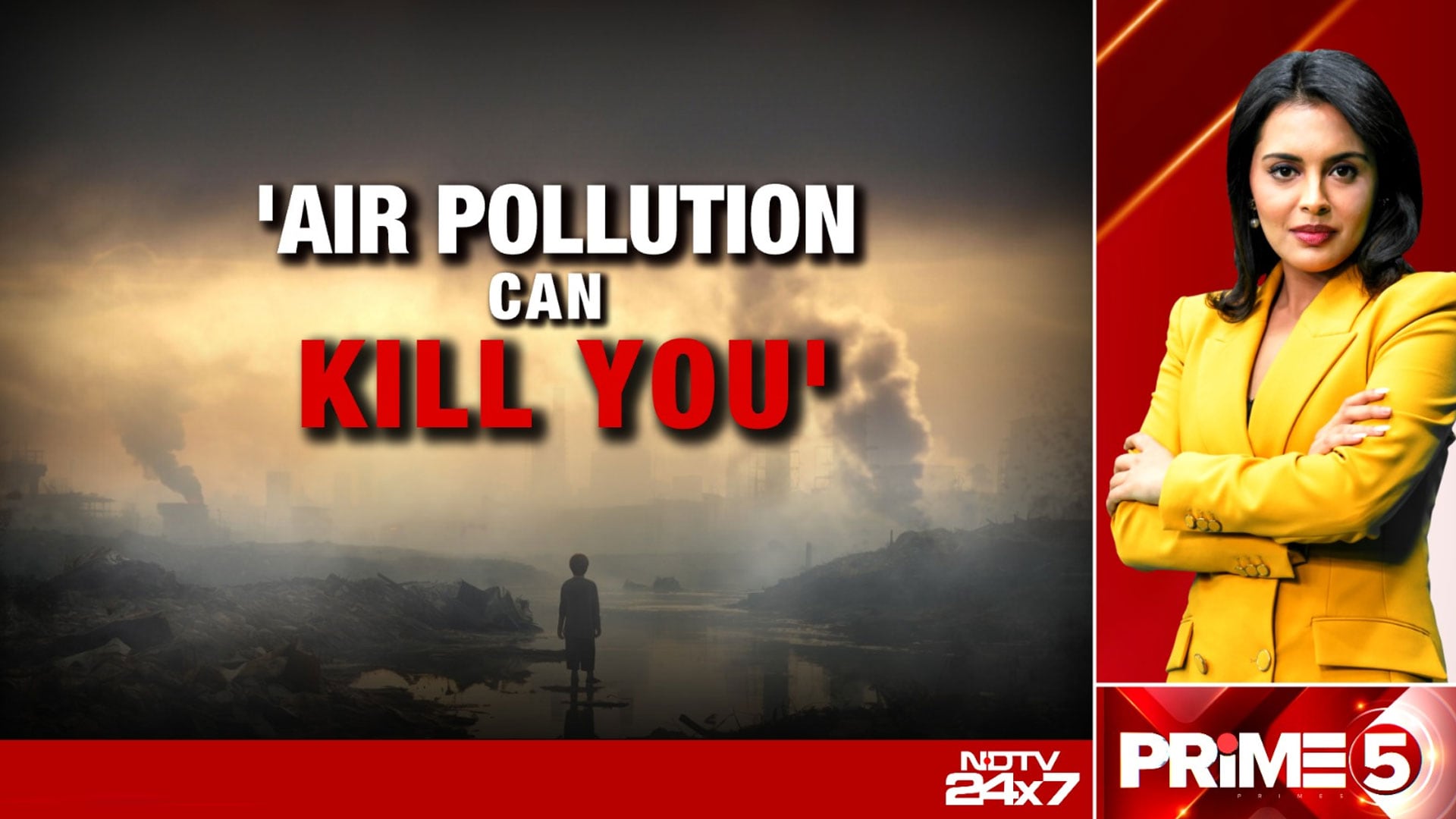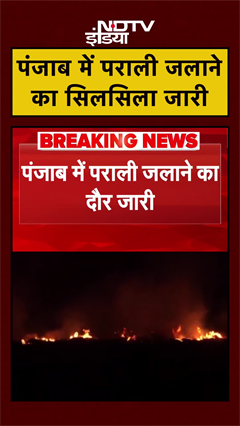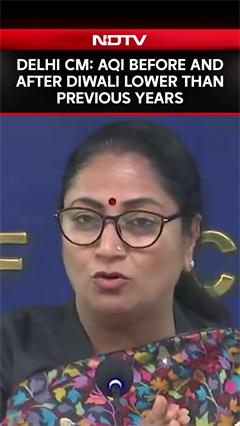- Home/
- Delhi Anti-Air Pollution Measures To Come Into Force From October 1
Delhi Anti-Air Pollution Measures To Come Into Force From October 1

The revamped Graded Response Action Plan -- a set of anti-air pollution measures followed in Delhi and its vicinity according to the severity of the situation -- will come into force from October 1; 15 days before the usual date, according to the Commission for Air Quality Management.
The revised plan, which is part of a new policy formulated by the CAQM to abate air pollution in Delhi-NCR, focuses on proactive implementation of curbs based on forecasts and restrictions can be imposed up to three days in advance.
Earlier, the authorities would implement the measures only after the PM2.5 and PM10 concentration touched a particular threshold. The new plan also entails a ban on BS IV four-wheeler diesel vehicles, barring those engaged in essential services, in Delhi and the bordering districts of NCR if the air quality index (AQI) breaches the 450 mark.
The Graded Response Action Plan (GRAP), notified by the Ministry of Environment and Forests in 2017, would come into force from October 15 when air pollution levels in the region start worsening.
The CAQM has now decided to implement it from October 1, according to a communication sent to state agencies and departments concerned.
The GRAP for the National Capital Region (NCR) has now been classified under four different stages of adverse air quality in Delhi: Stage I - 'Poor' (AQI 201-300); Stage II - 'Very Poor' (AQI 301-400); Stage III - 'Severe' (AQI 401-450); and Stage IV - 'Severe Plus' (AQI >450).
The revised GRAP recommends a ban on the use of coal and firewood, including in tandoors in hotels, restaurants, open eateries; and on diesel generator sets, except for emergent and essential services under Stage I.
If the situation turns "severe" (Stage III), authorities will have to enforce a ban on construction and demolition activities in NCR, except on essential projects (like railways, metros, airports, ISBTs, national security/defence-related projects of national importance) and non-polluting activities such as plumbing, carpentry, interior decoration and electrical works.
Brick kilns, hot mix plants and stone crushers not operating on clean fuels, and mining and associated activities in NCR will also be banned under Stage III.
"State governments in Delhi-NCR may impose restrictions on BS III petrol and BS IV diesel light motor vehicles (four wheelers) under Stage III," the policy document read.
The measures to be followed in the "Severe Plus" category or Stage IV include a ban on the entry of trucks into Delhi, and on the Delhi-registered diesel-run medium goods vehicles and heavy goods vehicles (HGVs) in the national capital except those carrying essential commodities.
The use of four-wheeler diesel light motor vehicles, except for BS-VI vehicles and vehicles engaged in essential services, will also be banned in Delhi and the bordering districts of NCR.
Stage IV will also entail a ban on industries running on dirty fuels and on construction and demolition activities in linear public projects such as highways, roads, flyovers, over bridges, power transmission and pipelines.
"State governments can consider allowing 50 per cent staff to work from home in public, municipal and private offices, and additional emergency measures like closure of educational institutions and the running of vehicles on odd-even basis etc," it said.
Actions under Stages II, III and IV will have to be taken at least three days in advance of the air quality index (AQI) reaching to the projected levels of that stage.
Earlier, authorities would wait until PM 2.5 or PM 10 concentration touched a particular threshold.
Under the 'severe plus' category, agencies waited for PM 2.5 and PM 10 concentrations to stay above 300 and 500 micrograms per cubic metre for 48 hours or more before implementing the measures mandated under GRAP.
The sub-committee on GRAP will meet frequently to plan for advance action and issue necessary orders for invoking various provisions of GRAP, based on the prevalent air quality and the AQI forecast to be provided by the India Meteorological Department (IMD) from time to time.
(Except for the headline, this story has not been edited by NDTV staff and is published from a syndicated feed.)
Latest Stories
- Press Trust of India | Saturday October 25, 2025 , New Delhi
The sudden exposure to smoke, toxic gases, and fine particulate matter has left the elderly, children, pregnant women, and those with chronic respiratory or cardiac illnesses struggling to cope.
- Asian News International | Saturday October 25, 2025 , New Delhi
The Air Quality Index (AQI) in the national capital improved on Saturday morning but remained under the "poor" category, with Stage II of the Graded Response Action Plan (GRAP) already in effect across Delhi-NCR.
- Press Trust of India | Friday October 24, 2025 , New Delhi
With the city's air quality remaining in the "poor" category, Delhiites are rushing to stock up on air purifiers and masks, leading to a 60-70 per cent jump in sales, traders said.
- Written by Manya Singh | Saturday October 25, 2025
The State of Global Air 2025 examines air quality and health outcomes using the latest PM2.5 and ozone exposure data and disease burden models.
- Reported by Vishnu Som | Friday October 24, 2025 , New Delhi
The latest State of Global Air report paints a grim picture of the world's worsening air quality, warning that pollution has become the planet's second leading cause of premature death, behind only high blood pressure.
................................ Advertisement ................................
Latest Videos
Opinion
Opinion | Why Indians Have Just Given Up On Air Pollution CrisisTanushree Ganguly
Friday December 20, 2024While some may argue that people in Delhi are now more aware of air pollution than they were a decade back, my rebuttal would be that awareness does not mean that people are concerned.
Opinion | You Must Outrage Over Filthy Air More Than Once A YearJyoti Pande Lavakare
Tuesday December 10, 2024Delhi welcomed us with monsoon rains and mangos. We were home. Fast forward a couple of years, in the winter of 2012, I found myself in denial about something other parents, mostly expats, were calling toxic air.
Opinion | Delhi's Air Pollution Situation Is Like A Bad MarriageNishtha Gautam
Friday November 22, 2024On a good day, such as today, the AQI reading in Delhi is 407. We are jubilant at the sickly sunshine trickling through the slightly dissipated smog. At least its not 1600.
दिवाली... पराली... सियासी जुगाली!Ashwini kumar
Monday November 18, 2024दिल्ली-एनसीआर में प्रदूषण का समाधान तो आज तक मिला नहीं. हर साल चिंतित होकर हम-आप सांसों की तकलीफ के साथ-साथ दिल और ब्लड प्रेशर के मरीज भी क्यों बनें?
घर में कैद बुजुर्ग और हांफते लोग, दिल्ली की सांसों में घुला ये कैसा रोग?Nidhi Kulpati
Friday November 08, 2024हमारी हवा जहरीली हो रही है. गुरुवार की शाम को जब मैं इस मुद्दे पर लिखने बैठी तो AQI लगातार 400 पार जाकर दम घोंट रहा था. बहुत लोगों को यह मामला बोरिंग लगे, लेकिन जब आप अपने साथ काम करने वालों को खांसते-हांफते देखते-सुनते हैं, तो चिंता होने लगती है. सुबह उठते ही दरवाजे खिड़कियां खोलने के लिए डॉक्टर मना कर रहे हैं. बड़े बुजुर्गों के लिए तो मॉर्निंग वॉक बाहर की दुनिया से सीधे संपर्क का ज़रिया है, लेकिन डॉक्टर इसकी भी मनाही कर रहे हैं.








